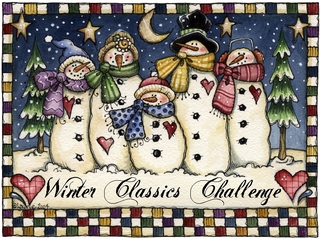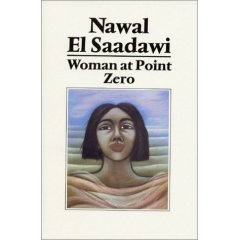Reading Resolutions
As I’m not progressing on my literary travels quite as fast as I hoped (too many diversions), I’m going to have to be stricter with myself and reduce the number of miscellaneous books I consume along the way. I’ve reached a compromise with myself, and have decided to allow myself some slack – for every four books I manage to get through for my world literature challenge, I can read something that won’t count. 80% of what I read will therefore hopefully be getting me closer to my eventual aim of reading one hundred books from one hundred countries while at the same time allowing me the occasional irresistible bliss of a tempting volume of something – for example, The Fragrance of Guava which is by Márquez but can’t count as I’ve already read something by him. (It was looking at me in Borders, I couldn’t help it.)
Genre is something else I’d like to experiment more with; not so much crime as opposed to fantasy or travel, but rather forms of writing – short stories, poetry, essays and so on, in addition to novels. I admit I tend to look for novels before anything else, but I’m determined to make an effort to read more widely.
I’m also going to try and blog more consistently, and to that end, I think I’m going to try blogging every other day for a while. I would like to blog every day, but I have so much on, I don’t always feel I can craft a worthwhile post either because I don’t have the time/energy or simply because I haven’t been reading. So, Sunday, Tuesday, Thursday and perhaps the odd day in between if I feel like it.
To kick off 2007, I’m reading my way around some Latin American countries. Here’s a list of some of the things I’ve picked up recently or am planning to read:
The Labyrinth of Solitude, Octavio Paz (Mexico)
This I Believe, Carlos Fuentes (Mexico)
Memoirs & Selected Poems, Pablo Neruda (Chile)
The Fragrance of Guava, Márquez (Colombia)
Death In The Andes, Mario Vargas Llosa (Peru)
Dona Flor and Her Two Husbands, Jorge Amado (Brazil)
The Obscene Bird of Night, Jose Donoso (Chile)
Hopscotch, Julio Cortazar (Argentina)
Eight books but only six countries…you can see why I’m in trouble! At least there’s a good mix of genres in there – essays, recorded conversations, memoirs, poetry, novels. I think most people have made some reading resolutions for 2007, so I wish you all luck in sticking to those. Happy reading in 2007, and happy new year!


